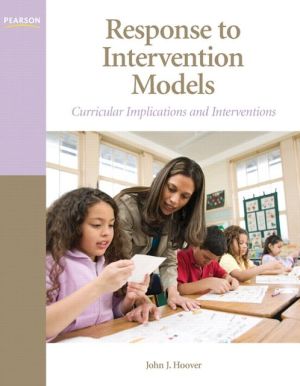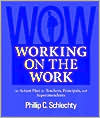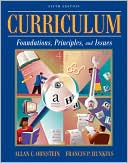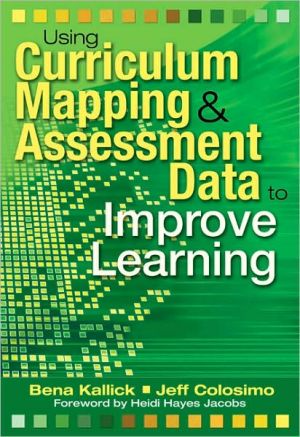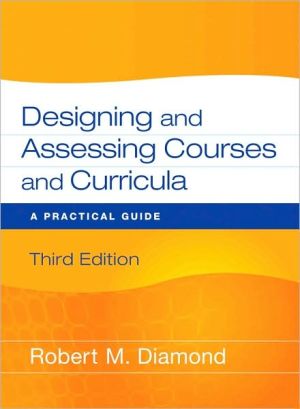Response to Intervention Models: Curricular Implications and Interventions
John J. Hoover \ Response to Intervention: Curricular Implications and Interventions\ Designed as a blueprint for improving abilities to provide research-based curriculum and evidence-based interventions to all K-12 learners, Response to Intervention Models: Curricular Implications and Interventions will empower educators to select, implement, differentiate, and evaluate the curricula and interventions necessary to successfully deliver high-quality core instruction to all students, with a...
Search in google:
Designed as a blueprint for improving abilities and to provide research-based curriculum and evidence-based interventions to all K-12 learners, this new book empowers educators to select, implement, differentiate and evaluate the curricula and interventions necessary to meet the needs of all learners.The nine chapters in this book are designed to collectively produce six primary outcomes: Describe the critical role of curriculum implementation in RTI models Deliver research-based curriculum and evidence-based interventions with fidelity Lead or contribute to RTI curriculum implementation decision-making teams Apply learner progress data to make necessary curriculum adjustments Apply five key components of curriculum in teaching and learning Describe connections between response to intervention and special education decisions.The book's three sections I. discuss the foundation for implementing multi-tiered RTI curriculum, II. Provides models for making effective RTI team decisions through collaboration among educators, and III. Emphasize the critical role differentiated instruction assumes within multi-tiered instruction, along with the significance of study skills, learning strategies and culturally responsive teaching to meet the RTI curricular needs of all learners.The book features several highly practical features: Learner outcomes listed at the beginning of each chapter; Application suggestions provided at the end of each chapter; Numerous tables and figures to visually illustrate important concepts; Twenty-five reproducible forms and guides for application of the book's content in the classroom and school environments; and Presentation of numerous evidence-based interventions, screening and assessment practices, and study skills and learning strategies.Written for educators most directly involved in classroom instruction, Response to Intervention Models: Curricular Implications and Interventions will equip teachers with the tools they need to successfully deliver high-quality core instruction to all students, with a strong knowledge of RTI and the expertise about curriculum under their belt.
Section I: Curriculum and Response to Intervention ModelsChapter 1: Components of Curriculum ImplementationChapter 2: RTI Framework: Research-Based Curricula andEvidence-Based InterventionsChapter 3: Response to Intervention Assessment to Meet Curricular NeedsSection II: RTICurricular Supports and Decision Making Chapter 4: RTI Curricular Decision Making ModelsChapter 5: Collaboration to Meet RTI Curricular NeedsSection III: Meeting Differentiated RTI Curricular Needs of All Learners Chapter 6: Differentiated Classroom and Instructional Management inRTI ModelsChapter 7: Culturally Responsive Curriculum for Diverse LearnersChapter 8: Strategies to Support Multi-Tiered Curriculum ImplementationChapter 9: RTI and Secondary Level Curriculum ImplementationReferences
